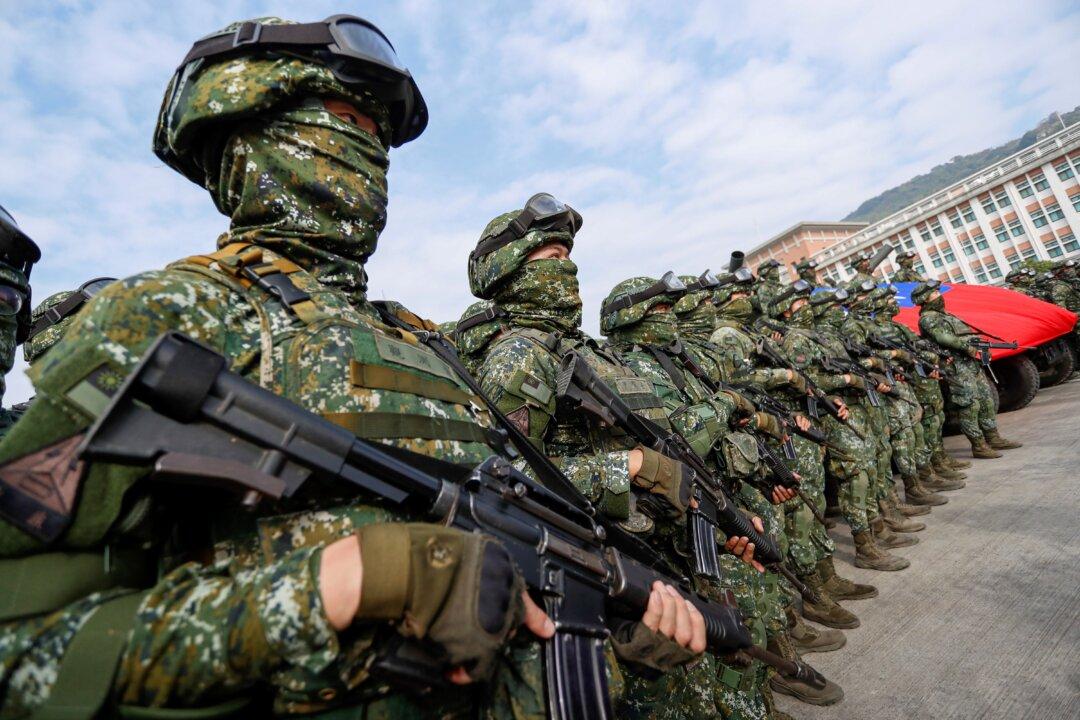Chinese watches in the military camps of Taiwan have raised concern of possible infiltration by the Chinese Communist Party (CCP).
Since 2019, the Taichung City in central Taiwan has been procuring 10,000+ electronic watches annually as gifts for conscripts entering military service, sparking allegations of being Chinese goods. A military expert warned that conscripts bringing Chinese watches into military camps could be Beijing’s test for infiltration channels, and this issue should not be dismissed as an isolated case.




